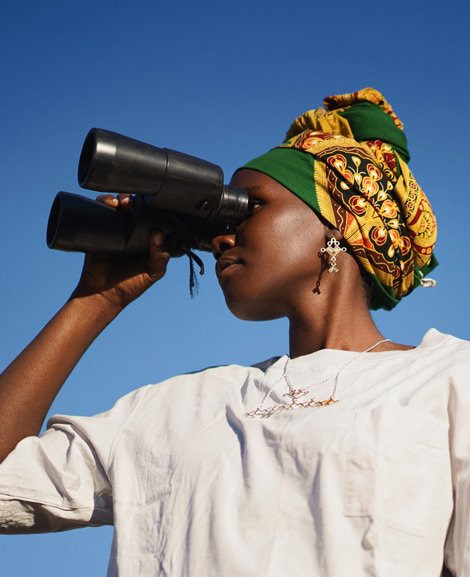Why are we running this project?
INGOs still hold one of the most critical roles in the ecosystem of global collaboration on peacebuilding. They play an important intermediary role holding close relationships with local peacebuilders and larger donors. They are well placed to understand the specific needs of locally-led peacebuilding. However, they are often limited or even unwilling to accommodate those needs due to the many dysfunctionalities inherent in the current set up of the INGO system as a whole. Peacebuilding INGOs are a sub-system of this wider system, impacted by the inherent dysfunctional dynamics of the wider INGO system. Therefore, a whole systems approach is required instead of a siloed approach to the sub-system of peacebuilding INGOs.
What are our goals?
By supporting this project, we seek to harness the potential of INGOs to play a catalytic role in shifting the ecosystem of global collaboration on peacebuilding in a way that truly promotes local leadership and local agency of peacebuilding efforts. They can pilot new modalities and practices that create impactful change.
How does the project work?
The project was designed to achieve structural change in the relationship between INGOs and local actors in peace and development work. To this end, established funding and cooperation patterns must be put to the test. Given the scope of this undertaking in terms of time and other necessary resources, the Robert Bosch Stiftung is committed to a long-term partnership. In this spirit, the initiative aims to institutionalize more inclusive funding practices through a multi-phase advocacy strategy.
During Phase 1, a change lab of 55 innovator – which quickly grew to 95 – met regularly to discuss lessons learned. These were then distilled and tested in practice in the form of prototypes. Based on this, Phase 2 explores “models of action” (action plan) that can be used to influence key stakeholders – primarily INGO boards and funders. Subsequent phases are focused on implementing and consolidating inclusive funding practices. Only by making local voices heard can available resources available contribute to sustainable peace and development.
Who organizes and supports the project?
In the first phase of the project, Rights CoLab took the lead. Based in New York and organized internationally, the nongovernmental organization advocates for human rights by fostering collaboration among experts in civil society, technology, business, and finance. They build new ways of organizing civic engagement and leveraging markets to improve the impact, resilience, and sustainability of human rights initiatives.
For the second phase, Rights CoLab passed the baton to the West Africa Civil Society Institute – an experienced organization in the field of civil society work in the West Africa region that is based in Accra. WACSI’s main goal is to put innovations into practice by working directly with relevant INGOs and donors. In this way, it aims to advance the debate on sustainable strengthening of local structures in the so-called Global South.


